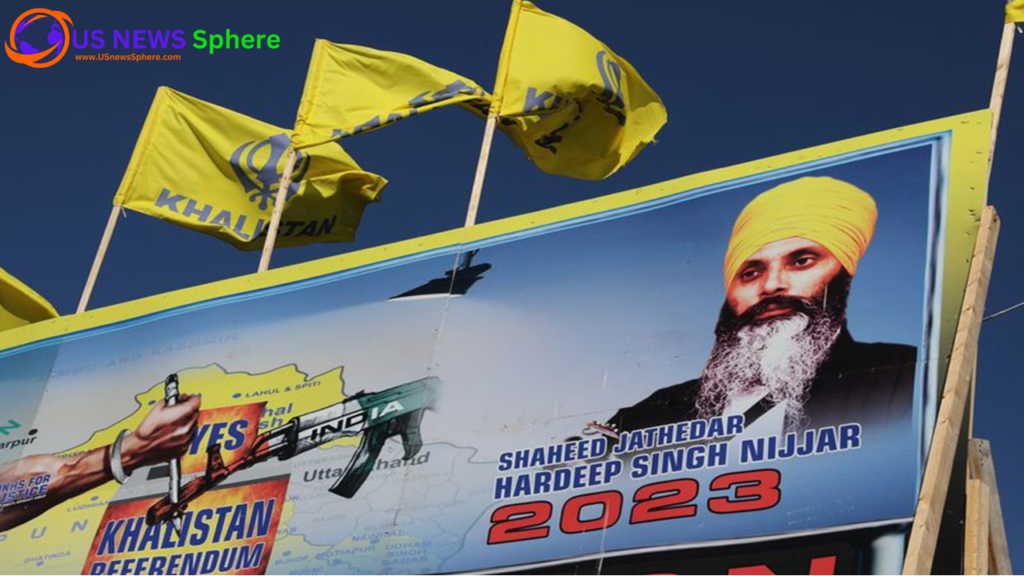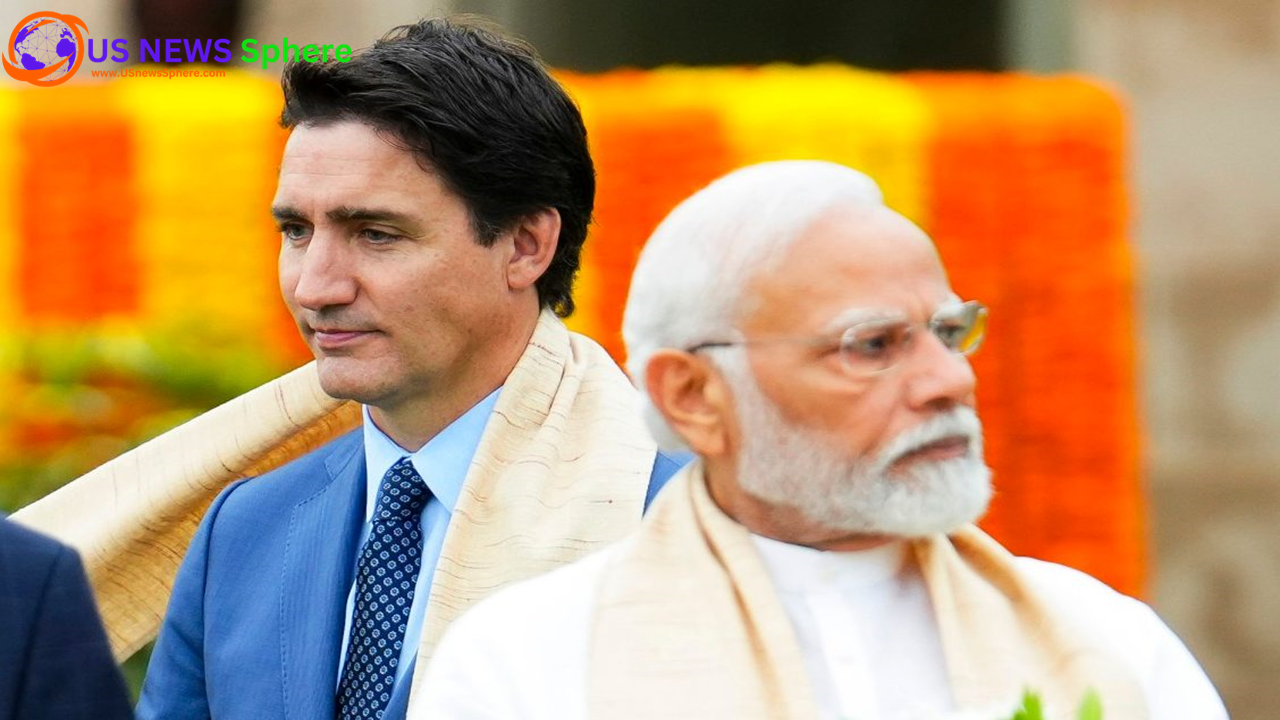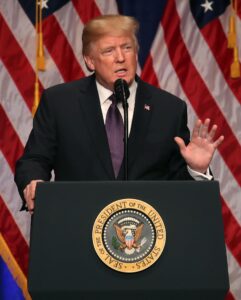Canadian; In the quiet town of Surrey, British Columbia, a tragic event unfolded that would send shockwaves through the international community. Hardeep Singh Nijjar, a prominent Sikh leader and advocate for the Khalistan movement, was brutally assassinated outside his temple. This incident not only devastated his family but also intensified the political tensions between Canada and India.
Table of Contents

On June 18, Hardeep Singh Nijjar had started his day like any other, with prayers at the Guru Nanak Sikh Gurdwara. As he was leaving, looking forward to a family dinner on Father’s Day, three masked gunmen ambushed him. Within minutes, the news of his tragic death reached his family, leaving them in shock and grief.
The Canadian Controversial Figure:
Nijjar wasn’t just a business owner in Surrey; he was the president of the temple and an outspoken leader of the Khalistan movement. This movement seeks to establish an independent Sikh state in India’s Punjab region. Due to its separatist nature, it’s banned in India. Nijjar’s involvement made him a target, with India’s National Investigation Agency even labeling him a “fugitive terrorist.”
International Implications:
The aftermath of Nijjar’s death saw Canadian Prime Minister Justin Trudeau pointing fingers at the Indian government, suggesting their involvement in the assassination. India vehemently denied these allegations, leading to a diplomatic rift where both nations expelled top diplomats.
Security Concerns:
Despite being a Canadian citizen, Nijjar’s activism made him a person of interest for Indian security services. He had been on their radar, especially after being accused of conspiring to murder a Hindu priest in Punjab. Concerns about his safety were not new. The World Sikh Organization of Canada had informed Canadian law enforcement about potential threats to Nijjar’s life. Yet, adequate protection was not provided, leading to criticism of Canadian authorities post his death. [npr]
The untimely demise of Hardeep Singh Nijjar serves as a poignant reminder of the intricate web of geopolitics, faith, and individual rights. His life and death underscore the profound impact one individual can have on international relations and the broader community. As the world watches and waits for answers, it is our collective hope that justice will prevail. Beyond the politics and accusations, at the heart of this story is a family mourning the loss of a loved one. May the legacy of Nijjar’s dedication to his beliefs inspire dialogue, understanding, and a brighter future for all.





